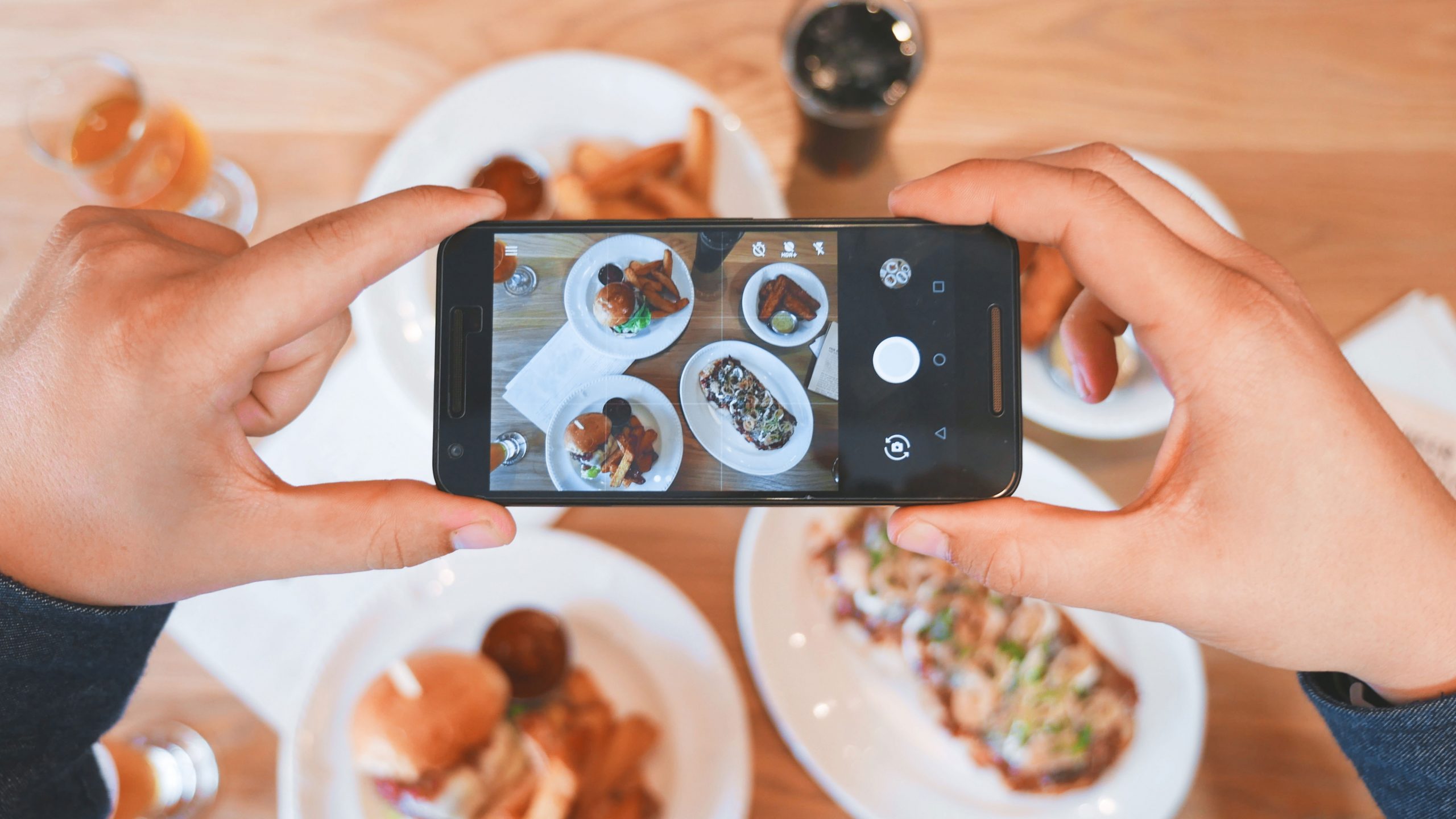

You have a knot in your stomach or you have to go to the toilet. You can’t swallow a bite or you have an extraordinary craving for chocolate or chips. The effect of stress on your digestive system and your nutritional habits is very personal. But the fact that there is an effect is universal.
It’s easy to get digestive problems during a stressful period of time. Your body switches to survival mode and slows down the processes of lesser importance. Your digestive process is a lot more difficult, so you start feeling constipated, get diarrhoea, you feel bloated or you get stomach problems.
Suddenly more need for sugar? That makes sense too, because stress doesn’t only influence your digestion but also your blood glucose levels. This is why: when stressed your body produces more adrenaline and cortisol. Those two hormones appeal to the sugar reserve in your liver and make your blood glucose levels rise. This is what gets you a sugar rush: you are much more alert and more capable of reacting in crucial situations. However, just like after eating a sugary snack, a high is followed by a low. Result? To tackle the sugar dip that has been created you resort to high-sugar food.
In stressful times you can also crave for salty food. That’s because your exhausted body experiences a small kick when eating salt, so the body can continue. Food that’s high in sugar, fat and salt is often comfort food: because you link cake, waffles, chips and pizza to happy moments from your childhood and free time, they can offer comfort when emotions of stress get too big. When you keep eating food that’s high in sugar and salt for a longer time it can be very harmful. Your aging process goes faster and your digestion is turned upside down. Your sleep gets disturbed and you feel tired and listless.
As if that wasn’t enough, you risk eating too much in times of intense stress. Under stress the balance between the hormones that cause the feeling of saturation and those that cause the feeling of hunger (leptine and ghreline) gets disturbed. This may cause you to eat much bigger portions of food (and often high in sugar too). The other way around can also be the case: during the acute moment of stress you can go without food for an entire day, but you raid the fridge as soon as you come home (and when the stress has gone).
I agree, your body makes it just a bit harder for you to resist sweet sins and greasy temptations. But do it anyway. Give your body the right food now, so you can support it a bit more. Just when you need it most. Moreover, a well fed body can much easier feed on reserves in stressful situations, so you become less sensitive to the negative effects of stress.
For inspiration and recipes take a look on these nice (food)blogs:
Holistik: on healthy food, but also on a lifestyle in balance
Chicks Love Food: cooking with few artificial ingredients
Eva VZW: for many healthy vegetable dishes
Easy Peasy Kids: because also the little ones need to eat healthy